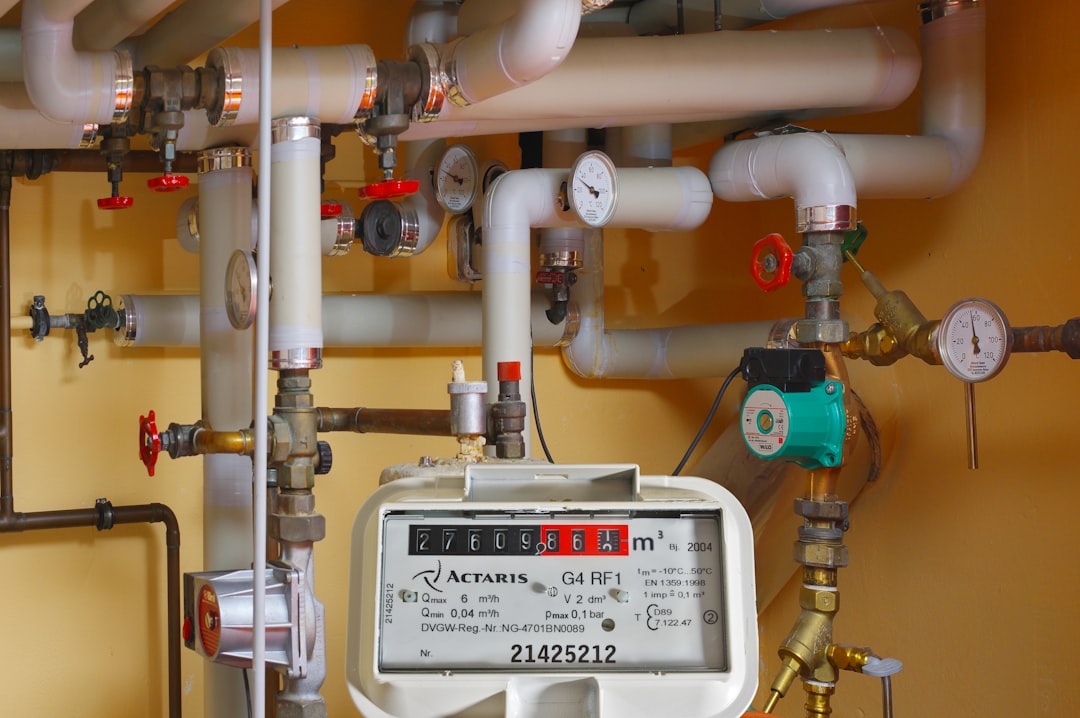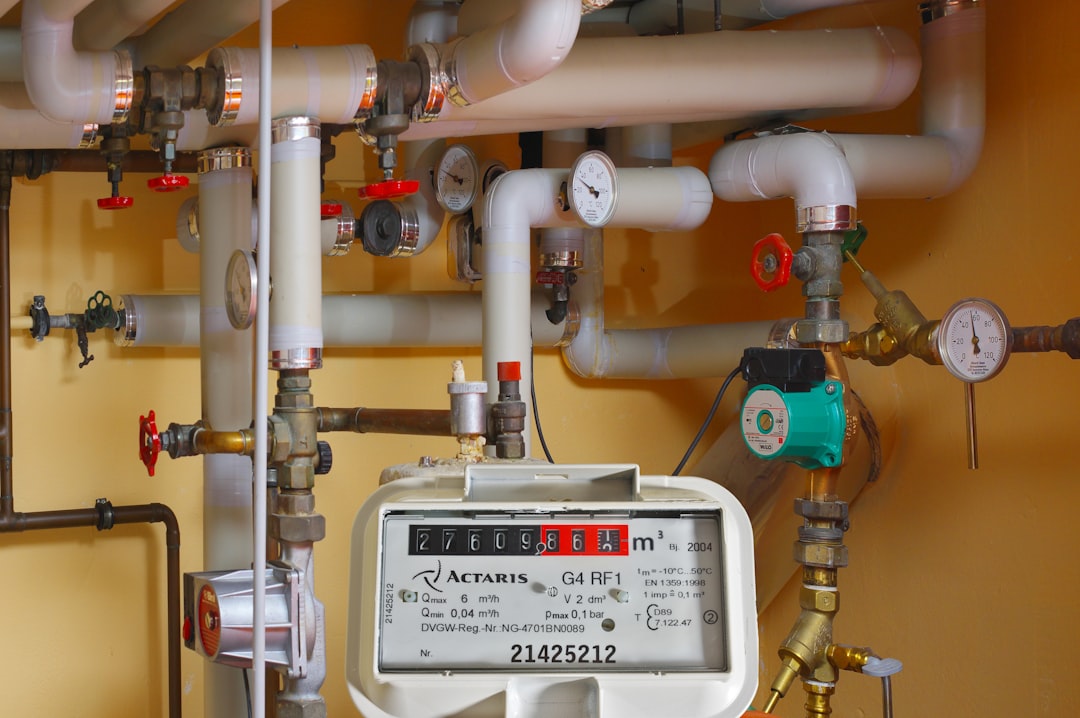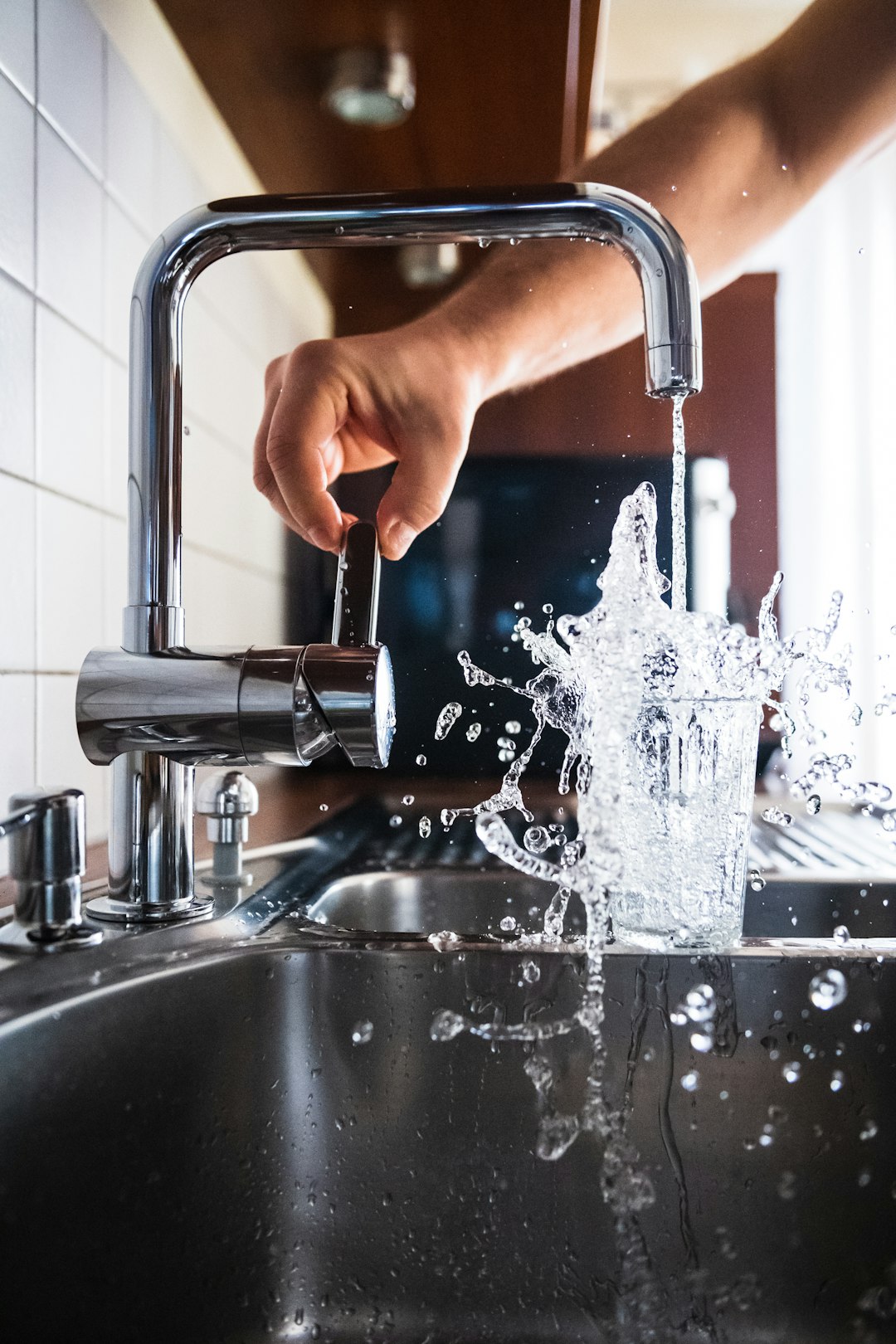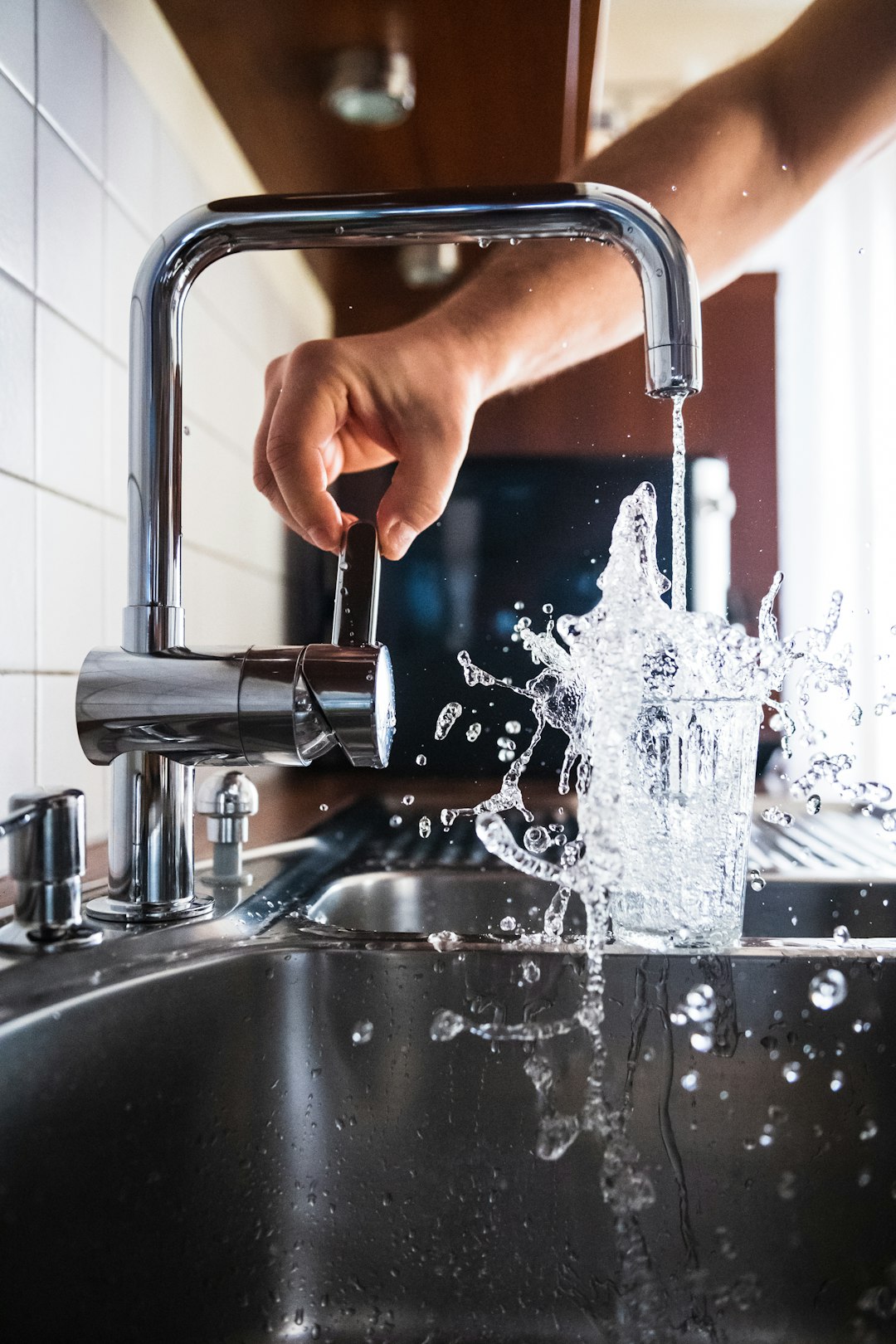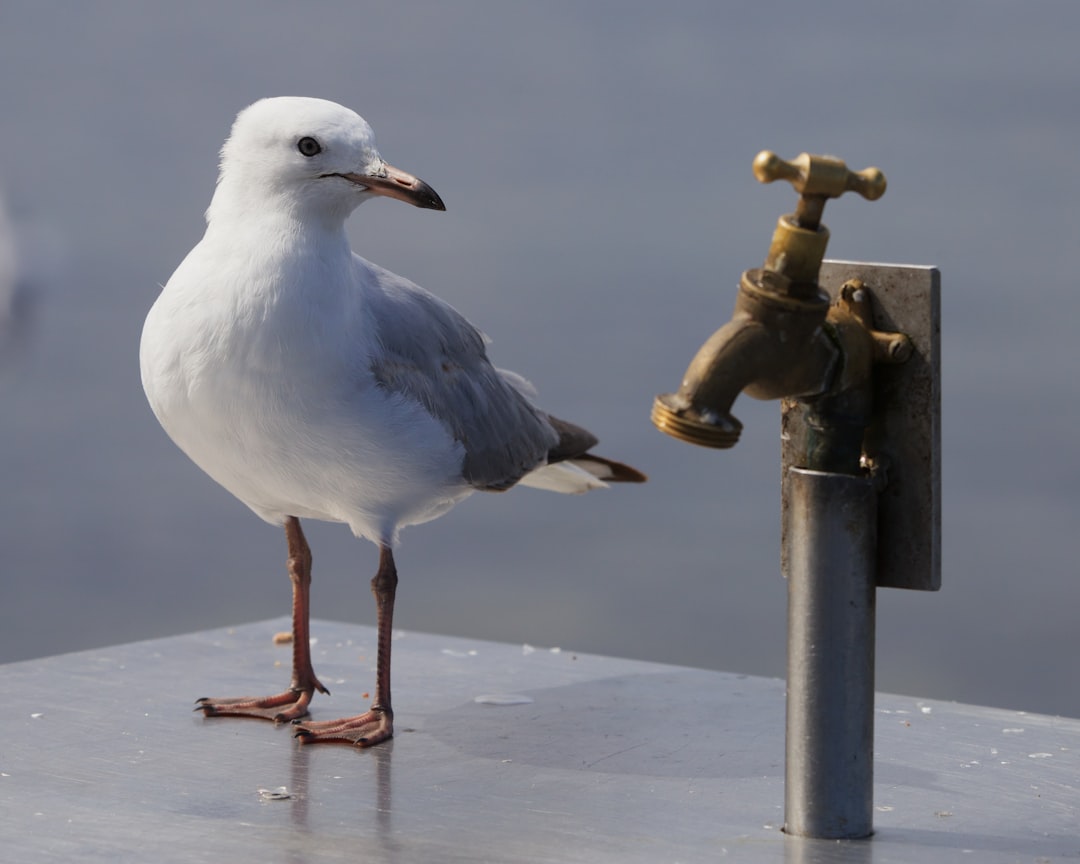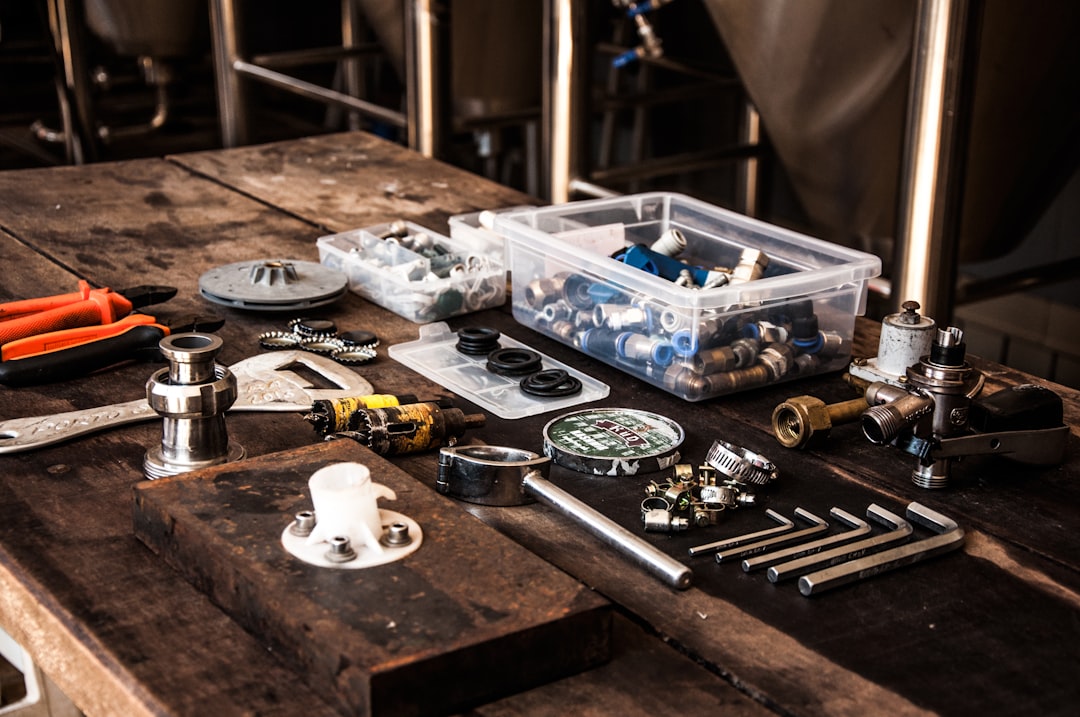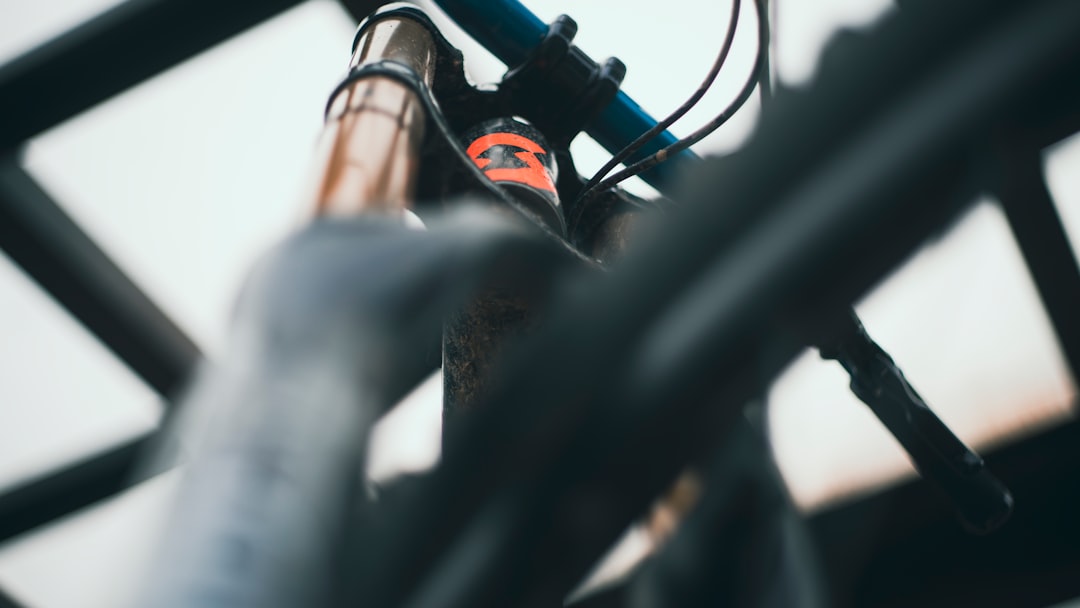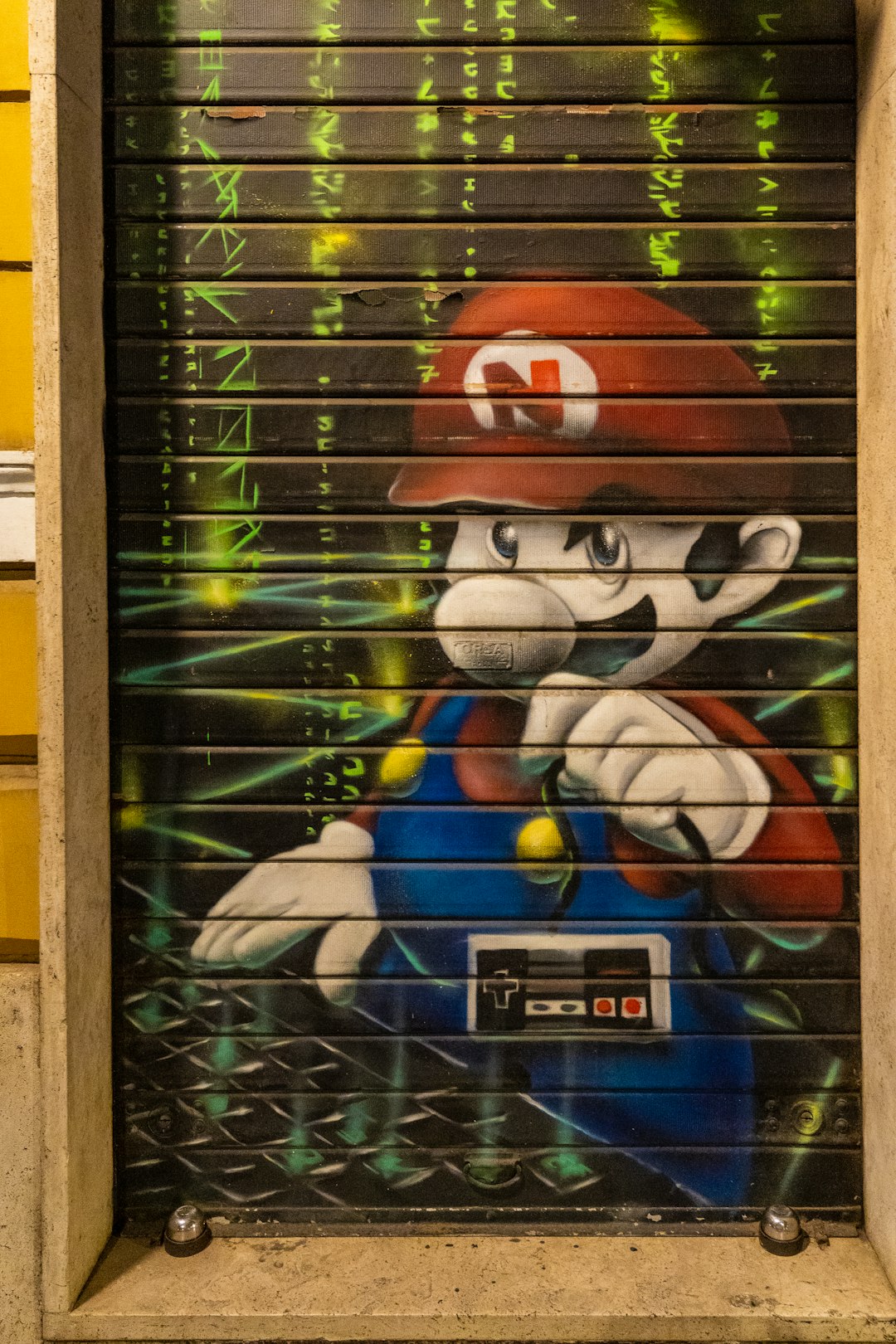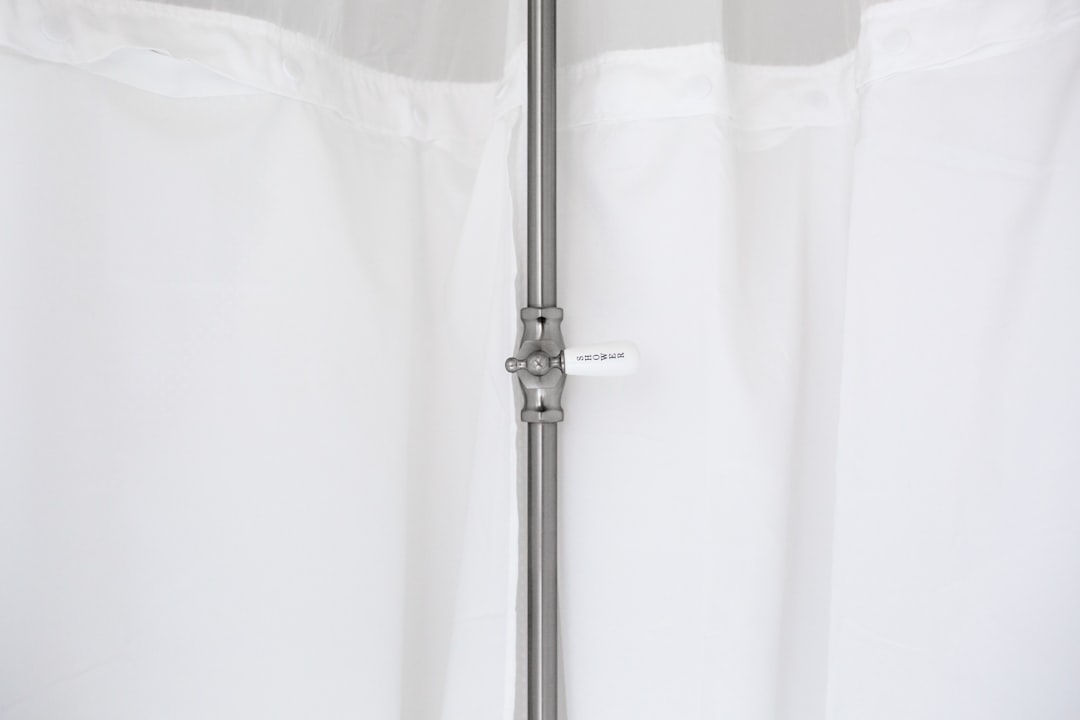Table of Contents
- Introduction
- Overview of average plumbing service costs
- Factors influencing plumbing service prices
- Cost breakdown for common plumbing services
- Emergency plumbing services and their costs
- Comparing residential and commercial plumbing costs
- Importance of getting plumbing estimates and quotes
- When to consider plumbing maintenance to save costs
- Tips for choosing a plumber and understanding service fees
- Conclusion
- Frequently Asked Questions
Introduction
Plumbing issues can strike at any time, turning a peaceful home into a chaotic environment in the blink of an eye. Whether it’s a stubborn leak or a sudden clog, the thought of calling a plumber often brings a wave of anxiety—mostly about the costs involved.
Knowing what to expect can help ease those worries and make the process smoother. So, before you find yourself dialing the nearest plumbing service, it’s crucial to arm yourself with some essential knowledge.
From understanding the typical rates associated with different services to knowing what factors influence those costs, this article will guide you through the maze of plumbing pricing. You deserve to feel informed and confident when addressing your plumbing needs, and we’re here to help. Get ready to dive deep into the world of plumbing costs, as we unpack everything you need to know before the plumber arrives at your door!
Overview of average plumbing service costs
When considering plumbing services, it’s essential to have a clear understanding of the average costs involved. Typically, the cost of hiring a plumber can vary considerably based on factors such as location, the complexity of the job, and the plumber’s experience. On average, homeowners might expect to pay anywhere from $45 to $200 per hour for labor.
In addition to hourly rates, there may be minimum service fees that can range from $50 to $100, depending on the plumbing company. For straightforward tasks like unclogging a drain or fixing a leaky faucet, the total cost may fall between $100 and $400.
However, more complicated work, such as re-piping or installing a new water heater, can lead to bills in the range of $1,000 to $5,000 or more. It’s also worth noting that emergency plumbing services often come with higher rates.
Overall, obtaining estimates from multiple plumbers is advisable to ensure fair pricing for the necessary services.
Factors influencing plumbing service prices
Several factors can influence the cost of plumbing services. One of the primary factors is the type of service required, whether it is a simple repair, installation, or emergency service. The complexity of the job plays a significant role in determining the price.
Another important factor is the location of the plumbing issue. If it is in a hard-to-reach area or requires specialized tools, the cost may increase. Additionally, the experience and qualifications of the plumber can affect pricing; licensed and insured professionals typically charge more for their expertise.
The time of service can also influence costs, as plumbing companies may have higher rates for emergency repairs or services conducted after regular business hours. Materials are another key aspect, as high-quality parts will add to the overall expense. Finally, regional differences can lead to varying rates; plumbing services in urban areas may be more expensive than in rural regions. Understanding these factors can help homeowners better anticipate the costs associated with plumbing services.
Cost breakdown for common plumbing services
Understanding the cost breakdown for common plumbing services can help homeowners budget for necessary repairs and maintenance. Generally, the cost of plumbing services can vary based on several factors, including location, complexity of the job, and the specific plumber’s rates.
For minor repairs, such as fixing a leaky faucet, homeowners can expect to pay between $100 and $250. More complex tasks, like installing a new toilet or sink, typically range from $200 to $500 depending on the type of fixtures chosen.
If a more extensive project is required, such as repiping a home, costs can escalate significantly, often ranging from $1,500 to $15,000. Additionally, emergency plumbing services may incur higher rates, often starting around $150 per hour or more.
It is also common for plumbing companies to charge a service fee, which can be anywhere from $50 to $100, to cover transportation and the initial assessment of the plumbing issue. Understanding these costs can empower homeowners to make more informed decisions regarding their plumbing needs.
Emergency plumbing services and their costs
Emergency plumbing services are typically more expensive than standard plumbing due to the urgent nature of the work required. When a plumbing disaster strikes, such as a burst pipe or severe leak, it often requires immediate attention to prevent further damage to the property. As a result, many plumbing companies charge a premium for emergency services, with typical costs ranging from $150 to $500 per visit, depending on the time of day and the complexity of the issue.
After hours, weekends, and holidays can see increased rates, sometimes exceeding $300 for the initial service call. In addition to the emergency call-out fee, customers may also incur costs for labor and any necessary parts or repairs, which can add to the total bill. It’s essential to clarify the pricing structure with the plumbing service beforehand to avoid unexpected expenses.
Overall, while emergency plumbing can be costly, addressing plumbing issues promptly may save homeowners from more significant expenses resulting from prolonged damage.
Comparing residential and commercial plumbing costs
When comparing residential and commercial plumbing costs, it’s essential to recognize the differences in complexity and scale. Residential plumbing services typically involve smaller job scopes, such as repairs, installations, or routine maintenance in homes. The costs for these services can range significantly based on the issue at hand, often falling between $45 to $200 per hour, depending on the plumber’s experience and the specific task.
In contrast, commercial plumbing services cater to businesses, office buildings, and larger facilities. These jobs often require more intricate systems and codes adherence, ranging from installation of pipes to handling waste management systems. Consequently, the costs can be higher, averaging between $100 to $250 per hour. Additionally, commercial plumbing projects often involve upfront estimates that consider the scale of the work, materials needed, and time required to complete the job.
Overall, while both residential and commercial plumbing services are vital, understanding the unique demands and associated costs of each can help property owners budget appropriately for their plumbing needs.
Importance of getting plumbing estimates and quotes
Obtaining plumbing estimates and quotes is crucial for any homeowner or business owner considering plumbing services. These estimates provide a detailed breakdown of the costs associated with the necessary repairs or installations, helping customers make informed decisions. By comparing multiple quotes, individuals can identify fair pricing and gauge the reliability of different plumbing companies.
Additionally, a clear estimate will outline the scope of work to be performed, reducing the likelihood of unexpected charges or misunderstandings down the line. It can also highlight the materials needed for the job and the estimated time for completion, allowing clients to plan accordingly. Furthermore, an accurate quote can serve as a reference point for assessing the quality of work performed. Engaging a plumber who offers written estimates can also protect consumers against overcharging and provide a level of accountability. Thus, obtaining multiple plumbing quotes is a vital step in ensuring quality service while managing costs effectively.
When to consider plumbing maintenance to save costs
Proper plumbing maintenance can significantly reduce costs over time by preventing major issues before they occur. Homeowners should consider scheduling regular maintenance checks, especially if they notice signs of wear and tear such as leaks, fluctuating water pressure, or unusual noises from pipes and fixtures. Identifying problems early can often be addressed with minor repairs, which are far less expensive than major overhauls. Additionally, seasonal checks are important, particularly before winter, as freezing temperatures can lead to burst pipes. Homeowners should also be mindful of their water bills; a sudden increase could indicate an underlying problem that needs immediate attention. Regularly flushing water heaters and cleaning out drains can help maintain system efficiency and prevent costly blockages. If you are planning renovations or adding new appliances, consulting a plumber beforehand can ensure that your existing plumbing can accommodate the changes without incurring additional costs. Ultimately, proactive plumbing maintenance is a key strategy for saving on repairs and ensuring the longevity of your plumbing system.
Tips for choosing a plumber and understanding service fees
When choosing a plumber, it is essential to consider several factors to ensure you receive quality service at a fair price. Start by researching local plumbers and reading customer reviews. Word-of-mouth recommendations from friends or family can also be invaluable. Ensure the plumber is licensed and insured, as this protects you from liability in case of accidents.
It is wise to inquire about their experience, particularly with the specific issue you are facing. Different plumbing challenges may require specialized knowledge. Additionally, obtain multiple quotes to compare service fees. Some plumbers charge a flat rate for certain services, while others may charge hourly. Understanding these fees is crucial; ask for a detailed breakdown of costs before agreeing to any work.
Be cautious of unusually low estimates, as they may indicate subpar work or hidden fees. Always ensure that the plumber provides a written contract outlining the scope of work and payment terms. By following these tips, you can find a reliable plumber and better understand their service fees, helping you make an informed decision.
Conclusion
In conclusion, understanding plumbing costs is crucial for homeowners and business owners alike. By being informed about average service rates, factors influencing costs, and the importance of regular maintenance, you can manage your plumbing expenses effectively. Whether you are dealing with minor repairs or facing an emergency situation, knowing what to expect in terms of pricing empowers you to make the right decisions. Always seek estimates from multiple plumbing services to compare rates and ensure you receive fair pricing for quality work. Don’t hesitate to call skilled professionals who are licensed and insured, as they provide the assurance you need for any plumbing issue. For reliable plumbing assistance tailored to your needs, contact us at 573-555-2121 today!
